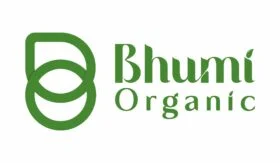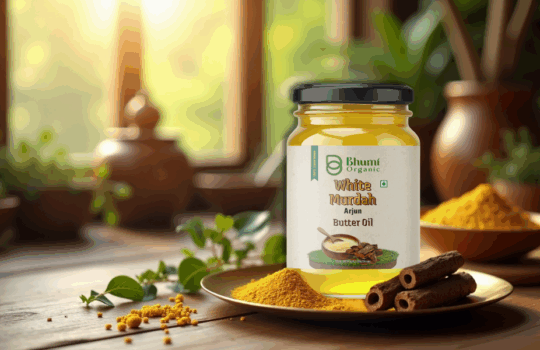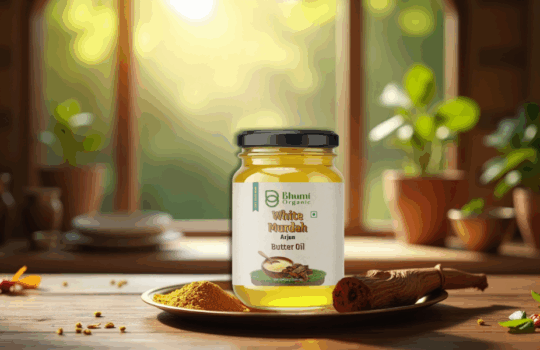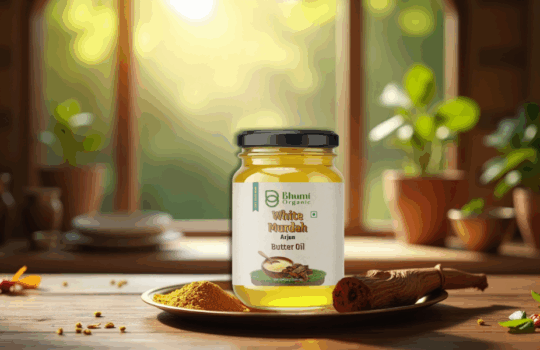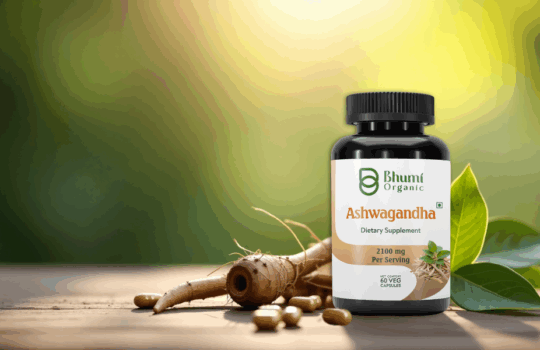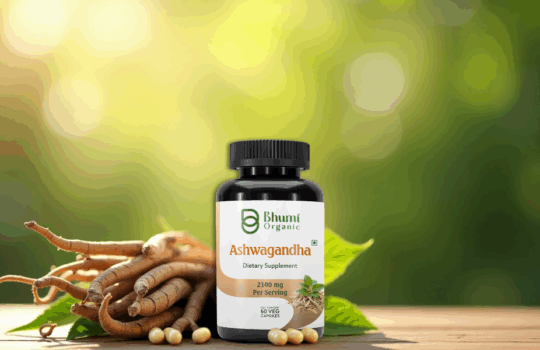The distinction between organic powder and conventional (non-organic) powder typically lies in the sourcing, cultivation, and processing methods used to produce the respective products. Here are key factors that differentiate organic powder from conventional powder:
1. Ingredient Sourcing:
- Organic Powder:
- Organic powder is made from ingredients that are grown without the use of synthetic pesticides, herbicides, or genetically modified organisms (GMOs). The cultivation follows organic farming practices, emphasizing soil health and biodiversity.
- Conventional Powder:
- Conventional powder may be produced using ingredients grown with synthetic pesticides, herbicides, and fertilizers. The use of GMOs may also be prevalent in conventional agriculture.
2. Pesticide and herbicide use:
- Organic Powder:
- Organic farming prohibits the use of synthetic pesticides and herbicides. Instead, organic farmers rely on natural methods, crop rotation, and companion planting to manage pests and maintain soil fertility.
- Conventional Powder:
- Conventional agriculture may involve the use of synthetic pesticides and herbicides to control pests and weeds. This can result in residue on the crops and in the final product.
3. Genetic Modification:
- Organic Powder:
- Organic farming does not allow the use of genetically modified organisms (GMOs) in the cultivation of crops. Organic powder is sourced from non-GMO ingredients.
- Conventional Powder:
- Conventional agriculture may involve the use of genetically modified crops. This can be especially true for certain crops, like soy and corn.
4. Soil Health and Sustainability:
- Organic Powder:
- Organic farming prioritizes soil health through practices such as composting, crop rotation, and avoiding synthetic chemicals. This contributes to sustainable and environmentally friendly agriculture.
- Conventional Powder:
- Conventional agriculture may sometimes rely on intensive farming practices that can lead to soil degradation and environmental concerns.
5. Certification Standards:
- Organic Powder:
- Organic products are certified by regulatory bodies based on stringent standards. These standards vary by country, but they generally ensure that the product meets specific criteria related to organic farming practices.
- Conventional Powder:
- Conventional products may not have the same certification standards related to organic farming practices. They follow conventional agricultural norms.
6. Environmental Impact:
- Organic Powder:
- Organic farming is often considered more environmentally sustainable as it focuses on biodiversity, reduced chemical inputs, and soil conservation practices.
- Conventional Powder:
- Conventional agriculture may have a higher environmental impact due to the use of synthetic chemicals and potential soil degradation.
7. Antibiotic and Hormone Use (for Animal Products):
- Organic Powder (for Animal Products):
- In the case of organic animal products, organic farming standards typically prohibit the use of antibiotics and synthetic hormones.
- Conventional Powder (for Animal Products):
- Conventional animal farming may involve the use of antibiotics and hormones to promote growth and prevent diseases.
When choosing between organic powder and conventional powder, individuals often consider factors such as environmental impact, personal health, and support for sustainable agricultural practices. Certification labels (such as USDA Organic) on the product packaging can help consumers identify whether a product meets organic standards.
Related Articles
Recent Comments
Recent Posts
Tags
A2 milk Aged garlic Anti-inflammatory Ayurvedic medicine Bilona method Black garlic bread Black garlic chicken Black garlic extract Black garlic hummus Black garlic mayonnaise Black garlic oil Black garlic paste Black garlic powder Black garlic recipes Black garlic salt Black garlic seasoning Black garlic shrimp Black garlic steak Black garlic supplements Black garlic tofu Black garlic vinegar Butyric acid Conjugated linoleic acid (CLA) Cooking oil alternative Digestive health Fat-soluble vitamins Fermented garlic Gir cow Grass-fed cows Gut bacteria Health benefits Health benefits of black garlic Natural ghee Nutritious fat Omega-6 fatty acid Organic ghee Pure butterfat Pure ghee Rich flavour Roasted garlic Spread alternative Sweet garlic Traditional churning method Traditional Indian ghee Umami flavour
